A number of important tax changes go into effect in 2019. Some were ushered in by legislation such as the Tax Cuts and Jobs Act, the 2016 Consolidated Appropriations Act, and the Bipartisan Budget Act of 2018. Still other changes are the result of various administrative pronouncements by IRS. This article, covering changes for businesses and tax-exempt organizations (other than indexing changes), is the second installment of a 2-part roundup of tax changes that go into effect in 2019. Part I is available here.
Debt-equity documentation regs will apply to 2019 issuances. Code Sec. 385(a) authorizes IRS to prescribe such regs as may be necessary or appropriate to determine whether an interest in a corporation is to be treated as stock or indebtedness, or part stock and part indebtedness, for purposes of the Code. Because no final regs are currently in effect under Code Sec. 385, the case law that developed before the enactment of Code Sec. 385 continued to evolve and to control the characterization of an interest in a corporation as debt or equity.
In 2016, IRS issued final regs under Code Sec. 385, including the “documentation regs”, which provided rules for the documentation necessary to determine whether an interest in a corporation is treated as stock or indebtedness for all purposes of the Code. These documentation regs were to have been effective with respect to interests issued or deemed issued on or after Jan. 1, 2018. However, in response to taxpayer concerns, IRS determined that the application of the documentation regs should be delayed by 12 months. Accordingly, IRS said it intends to amend the documentation regs to apply only to interests issued or deemed issued on or after Jan. 1, 2019.
Health insurance provider fee suspended for 2019. Under the Affordable Care Act (ACA, or Obamacare), for calendar years beginning after Dec. 31, 2013, covered entities engaged in the business of providing health insurance with respect to U.S. health risks face an annual flat fee. The fee is a fixed amount allocated among all covered entities in proportion to their relative market share as determined by each entity’s net premiums written for the data year, which is the year immediately preceding the year in which the fee is paid. (ACA Sec. 9010) The 2016 Appropriations Act revised the effective date of the annual fee so that it applied to calendar years:
i. Beginning after Dec. 31, 2013 and ending before Jan. 1, 2017; and
ii. Beginning after Dec. 31, 2017. (ACA Sec. 9010 (j), as amended)
The annual fee on health insurance providers remained in effect for 2018, but under a short-term government funding bill (P.L. 115-120), the annual fee on health insurance providers is suspended for 2019.
Accounting method change rules for the AFS conformity rule. Under the TCJA, generally for tax years beginning after Dec. 31, 2017, a taxpayer must recognize income no later than the tax year in which such income is taken into account as income on an applicable financial statement (AFS) or another financial statement under rules specified by IRS (subject to an exception for long-term contract income under Code Sec. 460). However, under a special effective date provision, the AFS conformity rule applies for OID for tax years beginning after Dec. 31, 2018, and the adjustment period is six years.
Observation: The six-year period is an exception to the general rules that require Code Sec. 481(a) adjustments to be taken into account in the year of change if they reduce taxable income (“negative adjustments”) and over a four-year period beginning with the year of change if they decrease taxable income (“positive adjustments”).
Broadened definition of FATCA withholdable payments. The Foreign Account Tax Compliance Act (FATCA, or chapter 4) generally requires a withholding agent to withhold 30% on withholdable payments made to:
i. Foreign financial institutions (FFIs) that do not meet certain reporting, compliance and withholding requirements for their U.S. accounts (Code Sec. 1471), and
ii. Nonfinancial foreign entities (NFFEs) if the payments are beneficially owned by an NFFE, unless the NFFE has no substantial U.S. owners or any substantial U.S. owners are identified (Code Sec. 1472).
For purposes of chapter 4, a withholdable payment is:
i. Any payment of U.S. source interest (including any original issue discount), dividends, rents, salaries, wages, premiums, annuities, compensations, remunerations, emoluments, and other fixed or determinable annual or periodical gains, profits and income, and
ii. For any sales or other dispositions occurring after Dec. 31, 2018, any gross proceeds from the sale or other disposition of any property of a type that can produce interest or dividends that are U.S. source FDAP income. (Code Sec. 1473(1)(A); Reg § 1.1473-1(a)(1)(ii))
Many tax-exempt organizations freed from donor disclosure requirement. Code Sec. 6033(a) requires certain tax-exempt organizations to file annual information returns that include information required by forms or regs. The annual information returns required under Code Sec. 6033 include Forms 990, “Return of Organization Exempt From Income Tax”; 990-EZ, “Short Form Return of Organization Exempt From Income Tax”; 990-PF, “Return of Private Foundation”; and 990-BL, “Information and Initial Excise Tax Return for Black Lung Benefit Trusts and Certain Related Persons”. Code Sec. 6033(b) provides that tax-exempt organizations described in Code Sec. 501(c)(3) that are subject to the requirements of Code Sec. 6033(a) must furnish information annually setting forth certain items including, “the total of the contributions and gifts received by it during the year, and the names and addresses of all substantial contributors.”
Although the statute does not address contributor reporting by tax-exempt organizations other than those described in Code Sec. 501(c)(3), the implementing regs under Code Sec. 6033(a) generally require all types of tax-exempt organizations to report the names and addresses of all persons who contribute $5,000 or more in a year. (Reg. § 1.6033-2(a)(2)(ii)(f)) Reg. § 1.6033-2(a)(2)(iii)(d) also requires organizations described in Code Sec. 501(c)(7) (generally, social clubs), Code Sec. 501(c)(8) (generally, fraternal beneficiary societies), or Code Sec. 501(c)(10) (generally, domestic fraternal societies) to report the name of each person who contributed more than $1,000 during the tax year to be used exclusively for religious, charitable, scientific, literary, or educational purposes, or for the prevention of cruelty to children or animals.
The names and addresses of contributors for all types of organizations were reported on Schedule B, “Schedule of Contributors”, filed with Forms 990, 990-EZ, and 990-PF, or, with respect to organizations described in Code Sec. 501(c)(21), in Part IV of Form 990-BL.
Code Sec. 6033(a)(3)(B) provides a discretionary exception from the annual filing requirement under which IRS may relieve any organization (other than a supporting organization described in Code Sec. 509(a)(3)) otherwise required to file an information return from filing such a return if IRS determines that the filing is not necessary to the efficient administration of the internal revenue laws.
For information returns for tax years ending on or after Dec. 31, 2018, tax-exempt organizations required to file Form 990 or Form 990-EZ, other than those described in Code Sec. 501(c)(3), will no longer be required to provide names and addresses of contributors on their Forms 990 or Forms 990-EZ and thus will not be required to complete these portions of their Schedules B (or complete the similar portions of Part IV of the Form 990-BL). Similarly, organizations described in Code Sec. 501(c)(7), Code Sec. 501(c)(8), or Code Sec. 501(c)(10) will no longer be required to provide on Forms 990 or Forms 990-EZ the names and addresses of persons who contributed more than $1,000 during the tax year to be used for exclusively charitable purposes. (Rev Proc 2018-38, 2018-31 IRB)
The above changes don’t affect:
• The information required to be reported on Forms 990, 990-EZ, or 990-PF by organizations described in Code Sec. 501(c)(3) (which, for purposes of Code Sec. 6033, include nonexempt charitable trusts described in Code Sec. 4947(a)(1) and nonexempt private foundations described in Code Sec. 6033(d)) or political organizations described in Code Sec. 527.
• The reporting of contribution information, other than the names and addresses of contributors, required to be reported on Schedule B of Forms 990 and 990-EZ and Part IV of the Form 990-BL.
• The disclosure requirements under Code Sec. 6104(b) or Code Sec. 6104(d) of any information reported on the Schedule B of Forms 990 and 990-EZ and Part IV of the Form 990-BL. As a result, the Revenue Procedure will have no effect on the reporting of Schedule B information that is currently open to public inspection.
And, organizations relieved of the obligation to report contributors’ names and addresses must continue to keep this information in their books and records in order to permit IRS to efficiently administer the internal revenue laws through examinations of specific taxpayers.
Source: Checkpoint Newsstand 1/4/19


.png)



